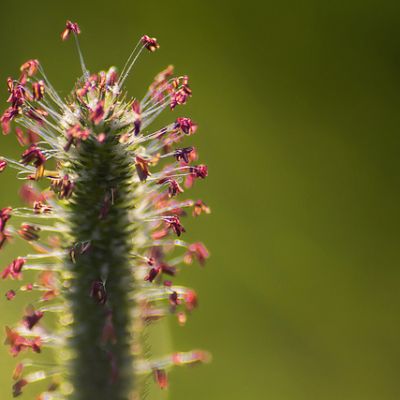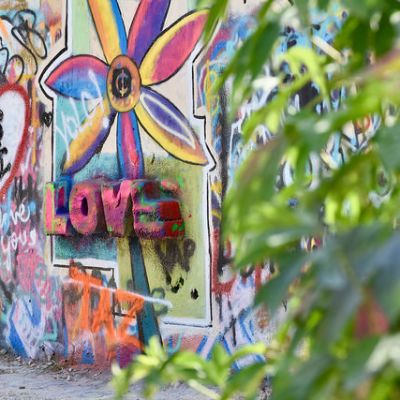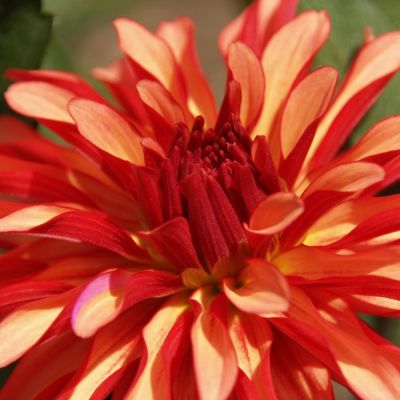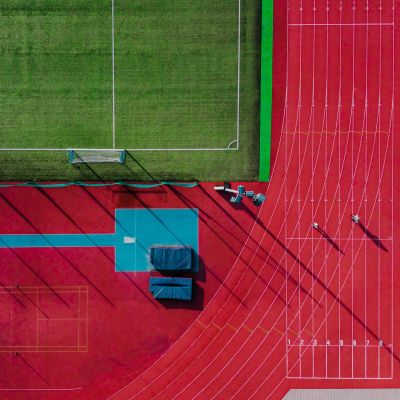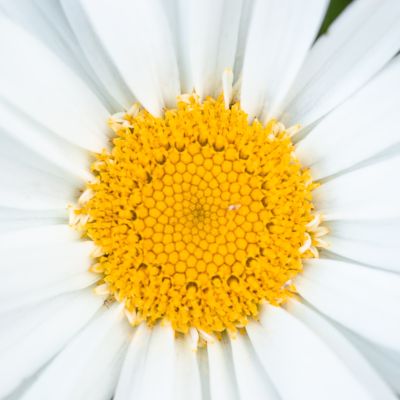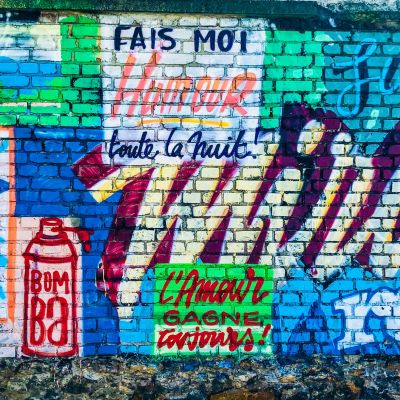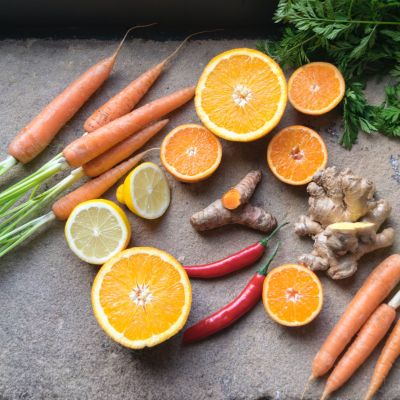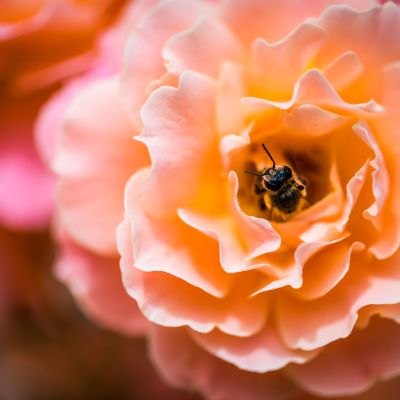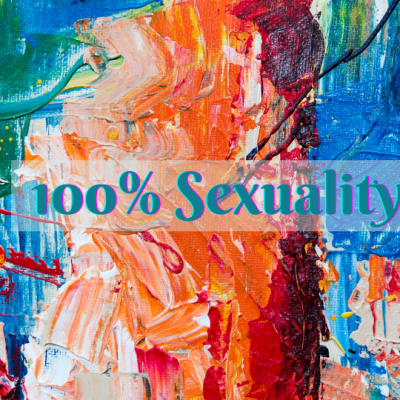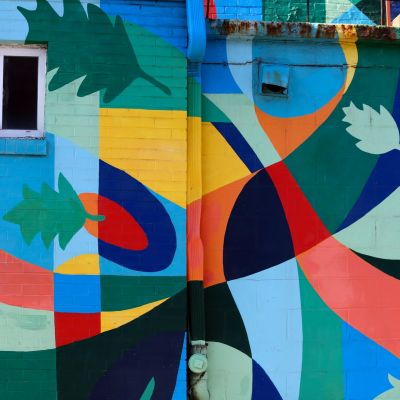Categories
Beauty gleams in unexpected places, but its effulgence turns to tawdry glitter when it is shaped and squeezed into form-fitting frames. Rigid ideas of what is beautiful or desirable can reinforce oppressive structures. However, when these concepts are more flexible they can be subversive as well.
To begin the year on a positive note, we have curated articles from older editions.We hope you will enjoy reading them again.
Happy New Year! As 2021 begins and we are filled with a sense of hope and desire for better times, we resolve to find ways of sustaining ourselves while caring for others. And so, in this anthology issue we republish articles about wellbeing.
As we move into a new year and a new decade we hope to be moving towards a more just and peaceful world, especially given the troubled times that people all over the world have been and are currently experiencing. And so, in this new year, we wish you lots of SISA spaces through 2020 and beyond!
Ageing is often associated with a loss, a lack of ability and strength. When combined with sexuality, in the popular imagination, fed especially by market forces, youth is to be lauded and ageing regarded as the impending horror that must be evaded for as long as possible.
Cricket, football, hopscotch, whatever the game, we have all wanted to be included for the sheer joy not only of exercising body and mind but also of being part of a team, of being noticed and celebrated. Sports and athletics offer us a playground to explore and express parts of ourselves that may otherwise forever lie dormant.
Coupled with the tendency to approach sexuality with seriousness, play often remains absent in discussions of sexuality. Sexuality shares the elements of fun, pleasure and spontaneity that are found in play.
Stories hold power. They shape how we understand the world, and if they are stories of distorted facts and falsehoods, they spread unease, discord and hatred. But stories also allow us to imagine other possibilities; they give us hope that we can overcome oppression and injustice.
This issue of In Plainspeak while inviting us to embrace the joys and pleasure in movement, also questions the ways in which movements are facilitated or obstructed, visibilised or invisibilised, and the spaces that we must envision to find freedom in/to movement.
Humour makes us feel good, relaxes us, lubricates social interactions, and often allows us to see things in new ways. Who doesn’t love a good belly laugh? However, what tickles your funny bone may be very different from what tickles mine.
Food unites, but as we are sadly witnessing, it also divides. What people eat and how they eat it is related in many ways to class, caste, purchasing power, and other factors of social currency and control.
While there is an oversaturation of information on sexuality, accurate, inclusive and affirming information is few and far between. Comprehensive Sexuality Education (CSE) offers us multiple pathways to address these dilemmas.
100 issues, 8 years! Thank you, dear readers and contributors! As we planned for this issue to put on our…
A space can make us feel constricted or liberated, and sometimes even both at the same and at varying times. The combination of spaces that we may be occupying in the moment, as well as those we have in the past, predisposes us to act, feel and experience our sexuality in different ways.

